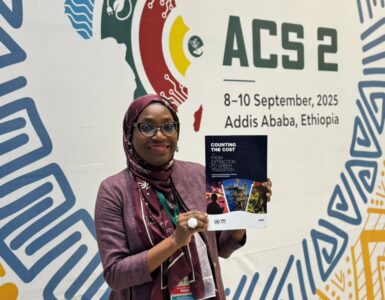The University of Ghana Business School recently hosted a Climate Journalism Workshop organized by The Climate Insight, with support from UMI Fund and the Climate Journalists Network Ghana. The event brought together 40 early and mid-career journalists across radio, TV, online, and print media for a day of intensive training on best practices in climate reporting. The workshop was designed to equip journalists with the tools and knowledge needed to produce impactful, human-centered climate stories, reflecting the urgency of the climate crisis in Ghana and beyond.
The workshop sessions were facilitated by two of Ghana’s foremost experts in environmental journalism – Mrs. Angelina Mensah, former Director of Public Affairs at the Environmental Protection Agency Ghana (EPA), and Albert Oppong-Ansah, award-winning environmental journalist and head of the environment desk at the Ghana News Agency. The workshop focused on the ethical, technical, and narrative aspects of climate reporting.
Focus on Human-Centered Storytelling
The training emphasized the power of storytelling in climate journalism, particularly how journalists can shape narratives that resonate with the public and policymakers alike. Mrs. Mensah led a session on the ethical responsibilities of climate reporters, underlining the importance of accuracy, context, and highlighting the voices of communities most impacted by climate change.
Albert Oppong-Ansah, an experienced environmental journalist, walked participants through the process of integrating scientific data into their stories. He demonstrated how to use data to support storytelling, striking a balance between educating the public on complex climate issues and maintaining engagement through human-centered narratives. He also shared practical tips on balancing crisis reporting with solutions-based journalism, a technique that focuses on what is being done to address the climate crisis.
Diverse Participation and Interactive Sessions
The workshop was highly interactive, allowing participants from diverse media platforms to share their experiences and perspectives on covering climate issues. Discussions ranged from reporting on extreme weather events to uncovering local stories of resilience and innovation in the face of climate change.
One of the participants, Michael Ackon from Young Reporters for Environment, commented, “This workshop has opened my eyes to new insights of climate change issues. We must put a human element to climate stories so that people can relate to our work.”
Building a Network for Climate Reporting
A key takeaway from the workshop was the establishment of a network of climate reporters who can collaborate and support each other in their respective fields. The facilitators encouraged the participants to share resources and story ideas, fostering a sense of community among journalists covering environmental issues in Ghana.

A Call to Action
As climate change continues to affect lives and livelihoods across the world, the role of the media in shaping public discourse and influencing policy cannot be overstated. The Climate Journalism Workshop at the University of Ghana Business School was a critical step towards ensuring that Ghanaian journalists are well-equipped to tell these important stories. The participants left the workshop not only with enhanced skills but with a renewed sense of purpose in their role as climate storytellers.


























